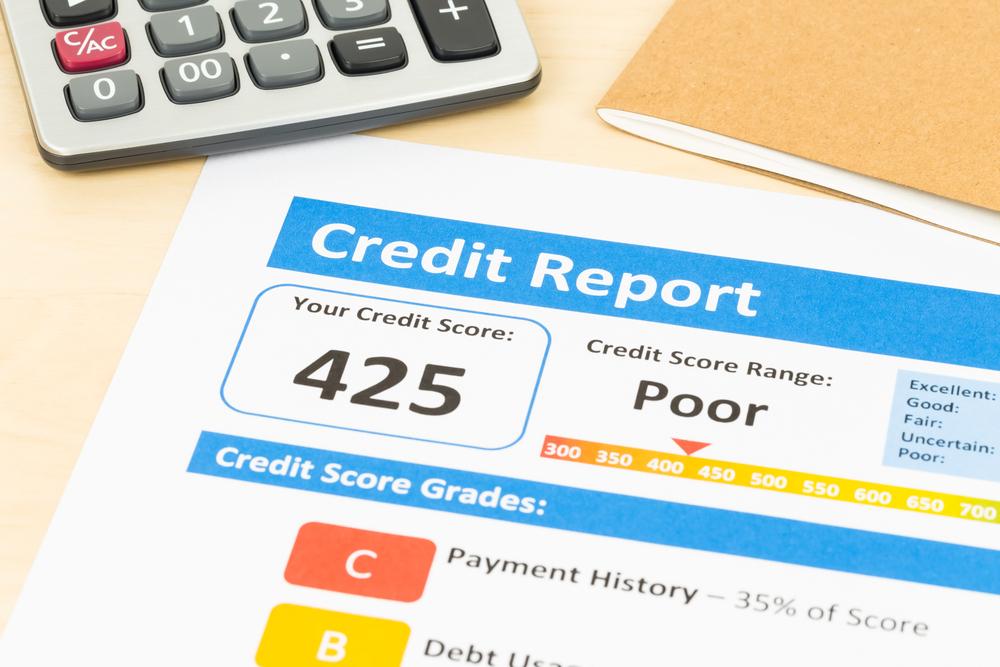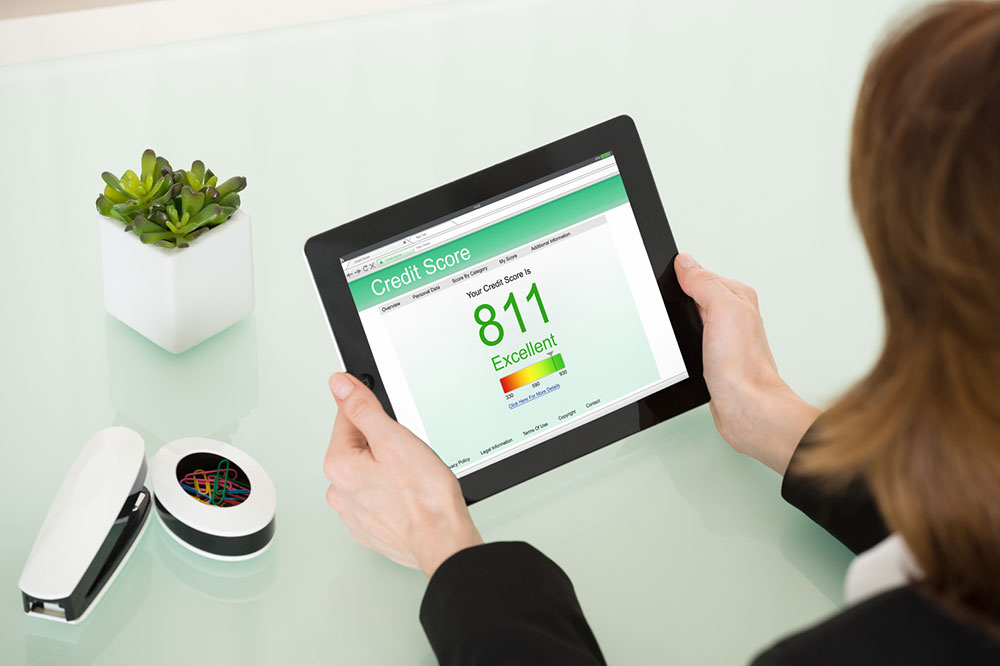Guide to Checking and Improving Your Credit Score
Learn effective strategies to check your credit score for free, understand credit reports, and improve your financial health. Discover the importance of maintaining a good score for loans, employment, insurance, and rentals, with practical tips to monitor and correct your credit information annually and throughout the year.

If you're asking yourself, "how can I check my credit score?" don't worry—you're entitled to receive a free annual credit report from the major credit bureaus in your country. To access your report, you'll need to provide personal details like your name, address, social security number, and date of birth for verification. You can obtain your credit score from your credit card issuer, loan statements, credit counselors, or credit reporting agencies. Keep in mind that each of the three primary credit bureaus will have separate reports, which can vary based on the data collected.
Different lenders use various methods to determine your credit score. Here are 7 effective ways to access and improve it:
Review your statements
Major credit card and auto loan companies often provide monthly updates on your credit score, visible on your statements or online account.
Utilize free credit counseling
Non-profit credit and housing counselors offer free credit reports and scores to help you understand your financial standing.
Use reputable credit score services
Many online platforms advertise free scores; some are ad-supported, and others require signing up for paid monitoring services. Always verify what you're signing up for and any associated costs.
Other options include purchasing your score directly from credit bureaus or authorized services like myfico.com, which provides FICO scores used by lenders. You may also directly request your report from agencies such as TransUnion, Equifax, or Experian by filling out secure forms and verifying your identity. These reports are crucial for identifying errors that could affect your credit and should be checked regularly.
Credit monitoring subscriptions
Paid services from credit bureaus help protect against identity theft by providing ongoing monitoring, alerts, and identity theft insurance. Ensure the provider is reputable before subscribing.
Annual free credit reports
Visit www.annualcreditreport.com, fill out the necessary information, and review your report carefully for inaccuracies or suspicious activity. Contact the bureau immediately for corrections.
What to look for in your credit report:
Account history, including payment records for loans and credit cards.
Hard inquiries from lenders, which may impact your score, especially with multiple checks in a short period.
Report accuracy—only trust scores from main bureaus or FICO publishers.
Maintaining a good credit score is vital:
It simplifies loan approvals and often results in lower interest rates.
Credit checks are part of many employment and licensing processes.
A high score can lower your insurance premiums for auto and home policies.
It supports small business financing and increases chances for apartment rental approval.
Good credit facilitates utility setup without large deposits or guarantees.










